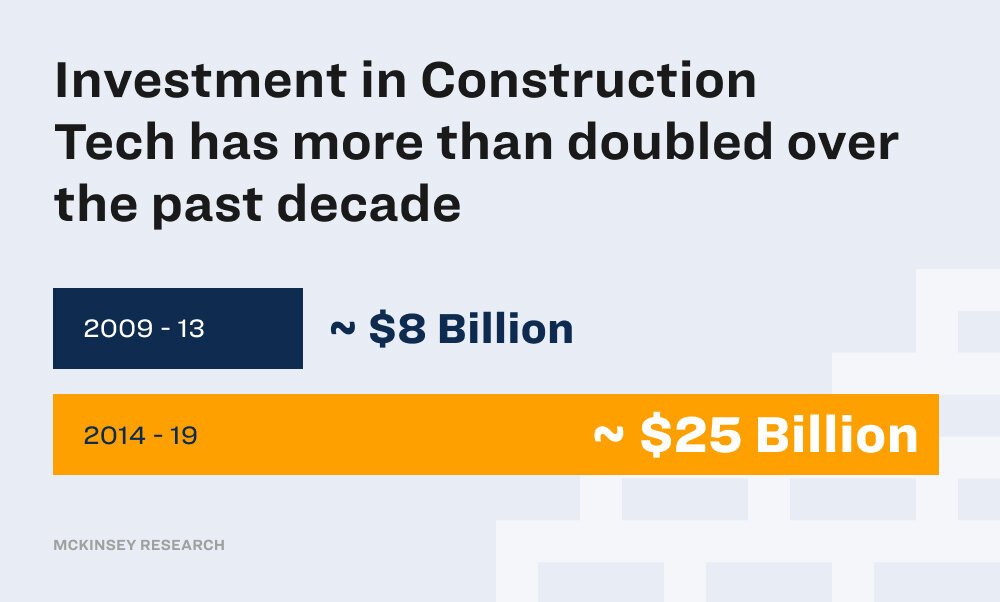blog
What Is PropTech And How Is It Transforming Real Estate?
By Siddhant Chaudhary Digital transformation Real Estate Property Tech May 31, 2022

The term PropTech has caused quite a buzz in the real estate industry. It offers a one-stop solution to realty specialists struggling with data scattered across different excel sheets and piles of paperwork. According to sources, Singapore Proptech Market is expected to grow at a massive rate of 30.1% CAGR during 2020-2025 providing a lucrative opportunity for Proptech investors. Even MetaProp’s 2021 Global Proptech Confidence Index rates investor confidence in Proptech at 9.3 out of 10. And the way PropTech has helped the real estate boom amidst Covid in Singapore, thousands of billions are expected to be invested in new technological innovations.
But before we explore the transformation PropTech has and is likely to bring, let’s understand what it really is.
What is PropTech?
PropTech (also known as property technology or real estate technology) is the application of technology to real estate markets. Be it reducing the paperwork for property managers or streamlining the transaction process for tenants and landlords- PropTech can address pain points for all parties involved in real estate. While it has already altered and automated the way realty is bought, sold, designed, and managed, it will only improve in the upcoming years.
This is backed by the GCA PropTech Market Update Q2 2021 Review Report. “Investment into the PropTech market continues to accelerate, and 1H 2021 saw the most investment activity in the market since GCA began tracking the space in 2017,” stated the report.

Types Of PropTech
The two domains of the PropTech real estate sector are as follows -
Residential Property Tech
Residential Property Tech focuses on innovative & easy property solutions for individuals and families. It encompasses all the digital products developed by real estate companies that simplify the way people own and rent apartments. A couple of significant examples in the field of short-term rentals that have made it big are AirBnB and Lyric.
CRETech
CRETech is another term for Commercial Real Estate (CRE) technology or commercial property technology. It encompasses all the digital tools and products that maximize commercial property management. This includes searching, renting, selling, and buying offices, industries, and retail assets. The major marketplace for commercial property listings in the US for sale and lease is LoopNet.
How Proptech has evolved over the years
Each of the three stages of PropTech brought about adequate disruption as it included the use of AI, blockchain, virtual reality, and more. The experimentation and implementation of new technology at each stage have been revolutionary.
Stage 1
Until 2000, people preferred print media for residential sales and listings. The groundbreaking shift from print to digital media for listings is considered the first stage of PropTech. While it underwent a lot of initial resistance, it is now hard to imagine the real estate industry without digital listings.
Stage 2
The second phase of PropTech came around 2008 that involved making physical spaces more fungible. Airbnb is a perfect example that helped property owners rent out their places. Additionally, during COVID, real estate companies started giving VR tours, thereby opening themselves to technology even further.
Stage 3
We are currently witnessing Stage 3 of PropTech, which uses a range of technologies like 5G, AI, blockchain, solar power, and more. This use of interlinked technologies has already disrupted other sectors like finance.
How is PropTech Transforming Real Estate?
PropTech has and will continue to transform the real estate industry. The buying, selling, and property managing habits have already seen a drastic change. The technology currently in use is only going to surprise us forth. Here are some of the ways we expect PropTech can revolutionise the real estate industry.
Easier Data Collection & Interpretation
With PropTech Big Data Analytics in use, brokers can make structuring and documenting large data sets easier. This helps them crack and close deals faster. Underwriting software are also in use. These help financial institutions process financial spreadsheets (operating statements, rent rolls, etc.) faster and with more accuracy. Clik.ai, for example, helped underwrite Bellwether Enterprise’s $7.9 billion loan volume and an annual servicing portfolio of $31.2 billion in 2019, reducing the time spent on analysing spreadsheets by 50%.
No Geographical Boundaries
Digital engagement has reduced physical interactions, which eliminates any delays in the property purchase and selling process. One can tour the property at their pace and make decisions. With Virtual Reality, home inspection is another area that has been tactfully addressed. For example, Vieweet in the UK allows potential buyers to take virtual tours of the property. Similarly, Realync in the US lets agents give live video tours to buyers while answering any questions they may have.
Digital Contracting
With technology well in place for the real estate sector, there is absolutely no need to go through tons of paperwork anymore. Digital contracting makes the buying and selling experience faster and easier. Furthermore, with Fintech property lending and investing platforms like LendInvest in the UK, fast financing is no longer a tedious process. There are umpteen other companies that offer mobile notaries and also schedule the process online for both buyers and lenders. An added advantage is that here is no “middle man” when it comes to signing contracts digitally. This eliminates the chances of a middle man having misaligned interests.
Streamlined Maintenance & Communication
With properties enabled by networks and sensors (IoT), the stress faced by property owners concerning the maintenance of their buildings/houses is eased. There is no need to physically visit the property as everything is accessible on a mobile device or laptop. JLL reports that the use of technology in property management will “automate tasks, save time and increase efficiency for day-to-day operations.” Also, now that information caching and data storage are in one place, the communications will be more transparent. That’s because it won’t leave any loopholes regarding what was decided between parties - buyers, sellers, maintenance workers, etc.
Accurate Construction Planning
PropTech reduces the chances of missed deadlines with better construction planning. Accurate insights derived from several data points help plan things way in advance, eliminating losses. For example, QwikSpec is a platform that helps conduct and monitor work on site, including site inspections, based on real-time data. Another example in this field is Aconex by Oracle. It connects engineering and construction teams by using cloud technology, thereby helping users maintain digital records of the project.
Sustainable Infrastructure
Spaces now combine with technology leading to efficient management of real estate assets. With a set-up of smart buildings, energy is conserved and a sustainable environment is preserved. The Capital Tower in Singapore is an example of sustainable infrastructure built in 2000. It is equipped with an Intelligent Building Management System (IBMS) that controls and monitors the building’s ventilation, lighting, security systems, power systems and fire systems. This promotes affordable and environment-friendly housing solutions.
The Future of Proptech
PropTech has become a significant part of the real estate industry now. Even though its roots are traditional, it has come a long way by incorporating technology. No wonder this industry happens to grow by leaps and bounds. And it will continue to.
While real estate contributes around 8-10% of the GDP, it is anticipated to emerge as the number one player if it continues to invest in technological innovations.



